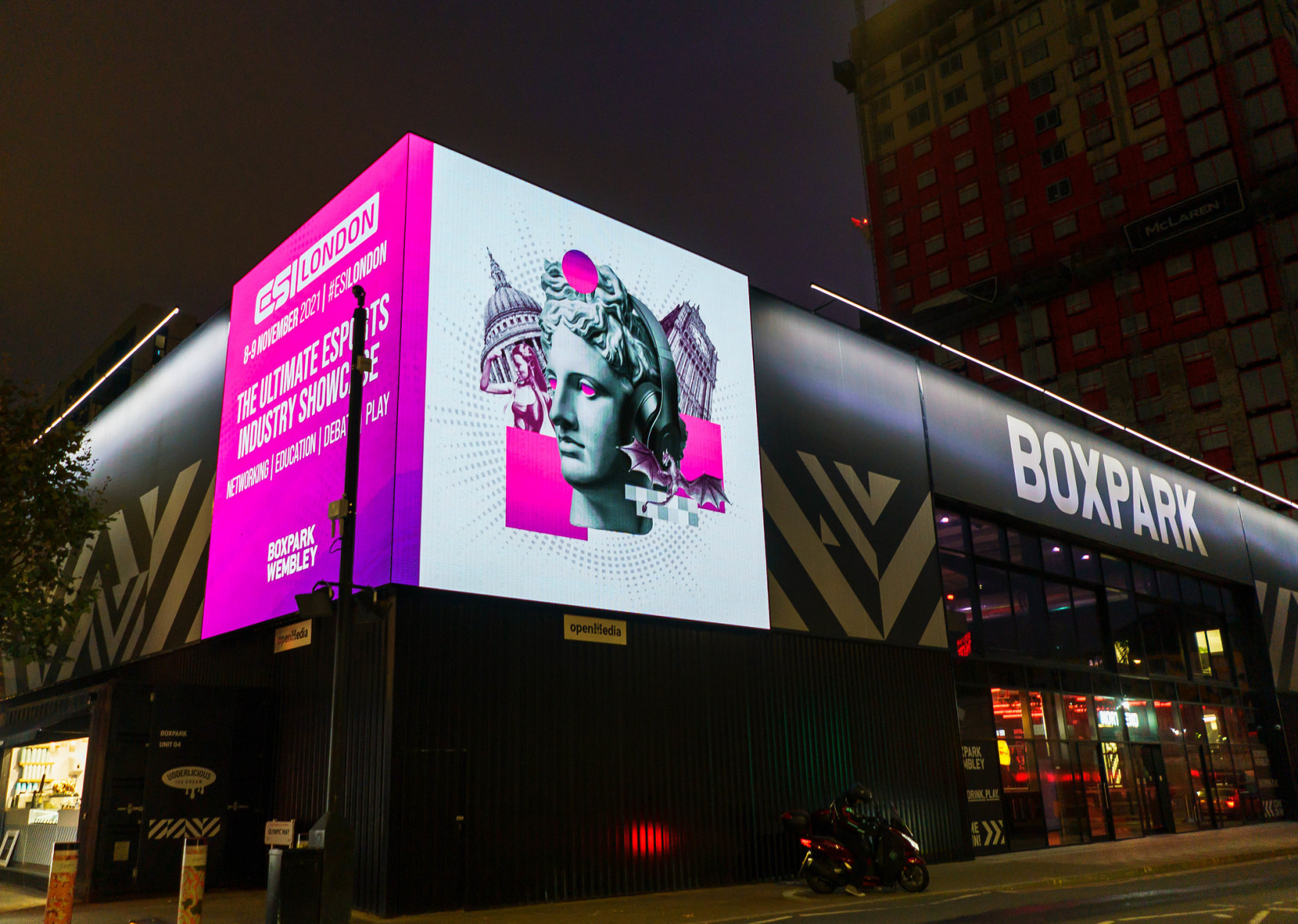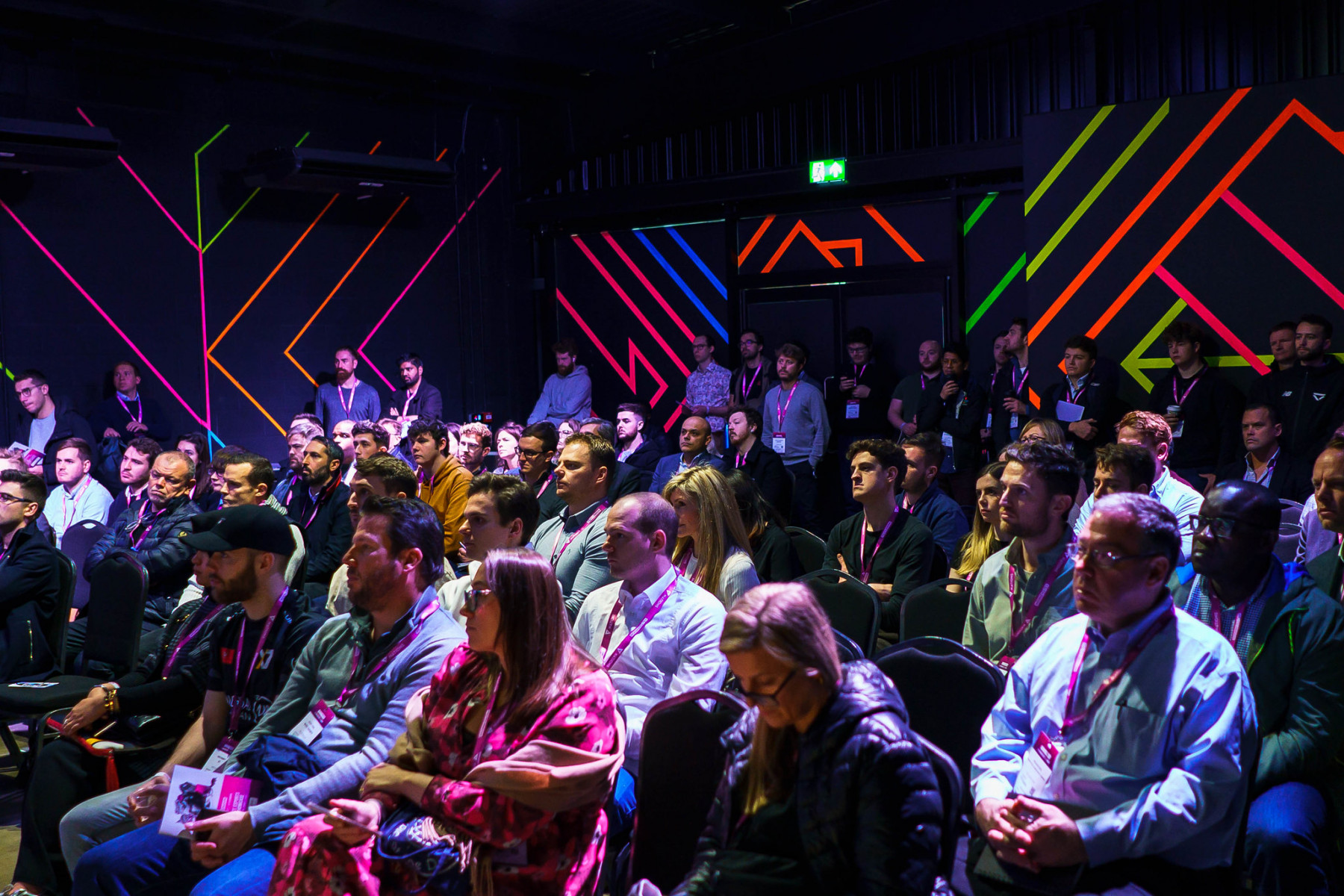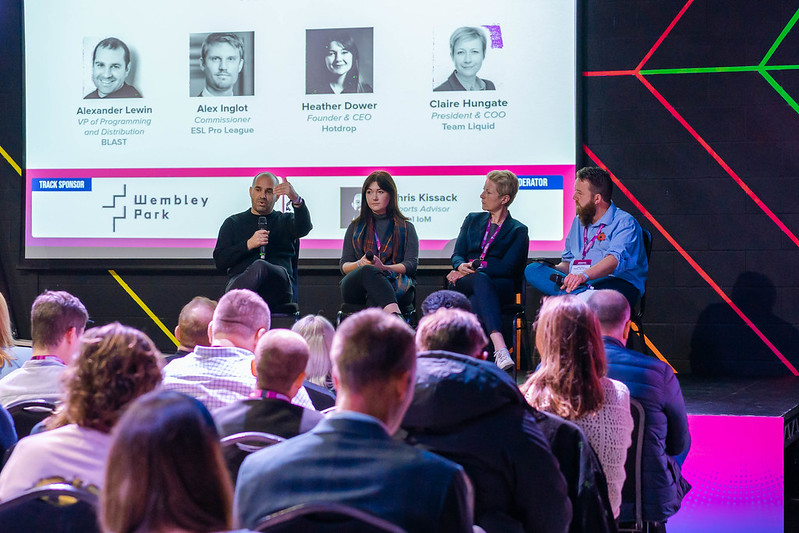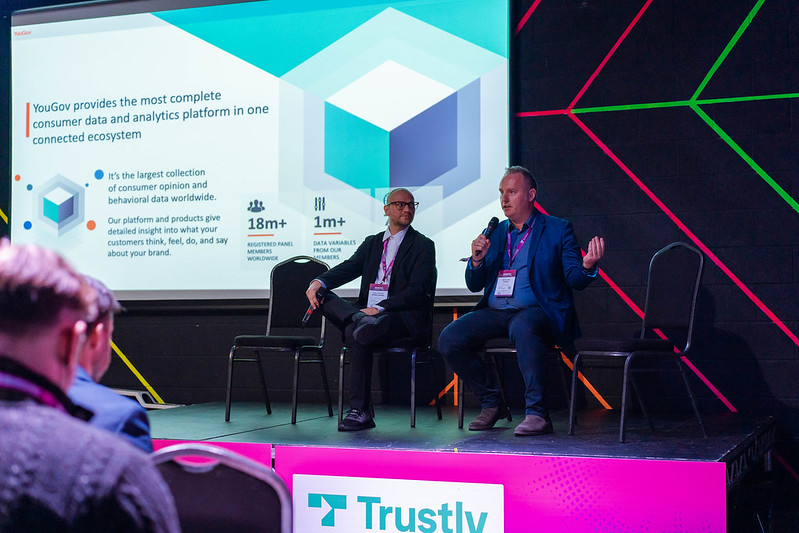
The digitally-native esports industry pivoted leagues, tournaments, workplaces, and conferences online last year, shifting business models with them. This adaptability earned the industry headlines across major publications during the shifting phases of the pandemic.
But the physical element has been sorely missed — expressed ad nauseam by ESI London attendees. The return of ESI London brought with it the comforting return of physical events, physical networking, and physical opportunities to keep up- to-date with the latest and greatest trends in the esports industry.
Esports Insider collated some of the brightest minds in the competitive video game sector to talk about sustainability, diversity, emerging opportunities and future trajectories — with full intent to repeat the experience across the globe in 2022.
For those who missed the event, or want to relive it — read on for a selection of the best quotes, lessons, and themes from the five panel tracks during ESI London 2021. The official event after movie and photo gallery might also help alleviate the post-event blues.

RELATED: Five key takeaways from ESI London
The Dotted Line
The Dotted Line track centred around commercialisation, partnerships and revenue growth. Unsurprisingly, authenticity remains ever-green as a key theme.
During a brand showcase, G2 Esports’ Commercial Director Sabrina Ratih highlighted the importance of standing out and staying ‘real’ in esports. She said: “We always want to be relevant, we always want to be authentic, we don’t want to tick boxes.”
Authenticity and relevance were further reinforced during ESI’s fashion and esports panel. As luxury brands pour themselves (and money) into esports, We Are Nations CEO Alex Romer reminded the attendees to keep the audience in mind; “It’s not just about the product — it’s about the design, and what it means to them.”
During this panel, Fnatic’s Senior Partnerships Manager, Edward Gregory also summarised esports’ quintessential lesson: “Everyone in this room knows in esports, if you’re not authentic, your audience will eat your hand.”
YouGov’s Michael Heina shone a new light on esports audience metrics in his presentation on gaming influencers. “The trend is your friend,” he explained, in reference to the upward trend of gamers (especially younger ones) showing increasing interest in esports.

Angels & Unicorns
Big names and clever thinkers weighed in on longer-term trends during the Angels & Unicorns esports investment-focused panels.
On the increasing importance of physical esports venues, Guild Esports CCO Michelle Tierney said: “Digital community is very powerful, but we’re all humans, and humans have connection.” However, a venue means little without an ecosystem behind it, explained Matthijs Vink, Co-Founder & CCO at the H20 Esports Campus: “If you want to build a big venue, you have to build a big community first.”
Should your investor be your biggest fan? Or your biggest critic? Fosun Sports Group CFO Emeric Hudault and Spike Laure, Venture Director at Hiro Capita, disagreed in a lively panel ruminating on best practices for investor and start-up strategy in the space.
Laurie also reflected on the substantive rise of cryptocurrency, and its implications for esports. “Esports is no longer the golden child,” he opined. “Blockchain is the golden child, and esports is the redheaded stepson.”

Esports Communities
The Esports Communities track panel focused on the collectiveness of esports consumers, and the opportunities presented by that collectiveness.
For Oliver Weingarten, Founder & CEO of LDN UTD, putting esports and its communities on the right path means oversight is needed. “What we’re crying out for,” Weingarten believes, “is an independent body that all the stakeholders can align with.”
On the topic of Esports Business in the UK, panelists discussed the UK’s comparative strengths in the sector, but also its weaknesses. “We are definitely behind in terms of culture of using technology. We still use fax machines — that’s insane, it’s 2021,” derided Kalvin Chung, Director of MnM Gaming.
Icelandic Esports Association Chairman Ólafur Steinarsson shared the details behind how Iceland introduced a grassroots esports model that actually works — and is financially viable, too. For Steinarsson, esports isn’t just video games; it’s the “healthy pursuit of organized video game competition.”
Women In Games International (WIGI) pushed forward discussions around diversity in esports, and asked whether things were changing. Mitsouko Anderson, Morgan Sports Law’s Head of Partnerships in Esports, made a strong case: a forward-thinking diversity policy doesn’t just make moral sense, it also makes business sense — those without one are quickly going to lose rising talent.

In Play
One major topic of discussion at ESI London was the development of esports betting and how the gambling sector is integrating into esports. Discussion highlighted pressing points within the sector: gambling sponsorships, and betting’s complicated future in the US.
“It’s really expensive to get in [the US esports market] right now, especially for us being fairly recently listed publicly traded,” highlighted Thomas Rosander, CEO of Luckbox. “We have to find another way to come in.”
Nevertheless, Anton Janér, Abios’ Founder and CTO, had optimism for the future of esports betting in the US: “There was a time when esports was a really hot topic in the sports betting world. But as soon as the US started to lift the lid a little bit, everyone just ran away from esports and straight over to the US.
“But given that esports has now become a part of how betting is regulated and introduced in the US, it is definitely a hallmark for how far and how accepted esports has become in this business.”
Gambling sponsorships also saw its share of attention during the panels. Adam Savinson, Esports Director for Betway Group, highlighted that no matter the brand, it’s imperative that marketing efforts need to be authentic.
“Esports is a complicated industry,” he said. “This isn’t something that’s easy. There is long planning, strategic thinking that goes into making sure you’re doing the best marketing campaign.”

Reaching new audiences
The ways that esports can be a powerful tool to access audiences otherwise notoriously difficult to reach were explored in the Reaching new audiences track.
“Esports is a catalyst for digital skills, it’s better than any I’ve ever seen, and that’s why it’s important for students,” said Jack Fenton, Head of Esports at the University of Warwick. Esports is a great educational tool because it lets you “learn how to learn,” added Matt Watson of the IFoEC.
“If you are 12 or 13, you have used Roblox to hang out with your friends, that game played a similar role social media played when I was a kid,” said Erik Londre, Founder of Karta, during a panel about in-game advertising. With ‘metaverse’ being the year’s top buzzword, we’re all set to start thinking more about marketing in the changing digital landscape.
Alex Coulson, Managing Director of NSE, noted the distinct advantages of investing at the grassroots level. “Active players over eyeballs,” Alex remarked, arguing quality trumps quantity when it comes to reaching and engaging an esports audience.
Gaming releases more dopamine than sex was the flashy takeaway from MADMONQ Founder & CEO Michal Noga’s presentation. Typical gamer lifestyle choices are often detrimental to health, and it’s going to come back to haunt us, he warned.
Though ESI London concluded just weeks ago, December 1st and 2nd will see ESI Digital Winter round off Esports Insider’s 2021 event circuit. The digital event will host a range of panels, Brello’s top-of-class networking platform, and the fourth edition of the Esports Insider Hall of Fame presented by GamingMalta.
[maxbutton id=”16″ ] [primis_video widget=”5182″]
